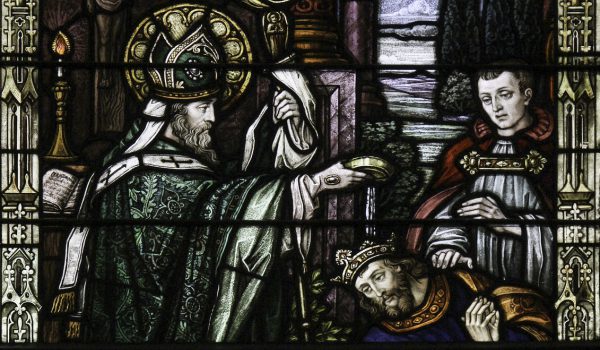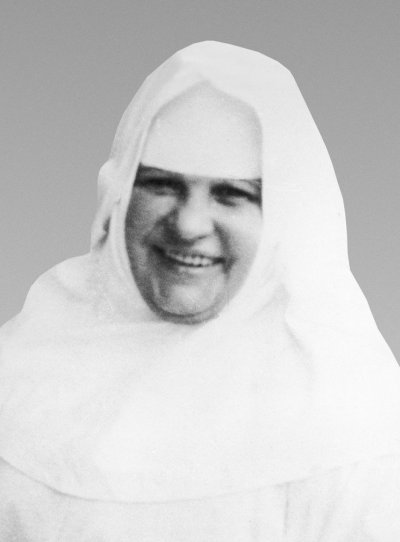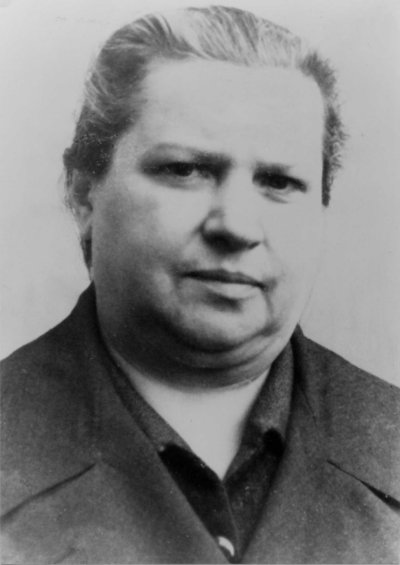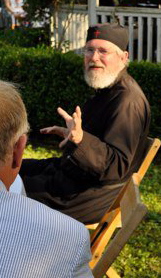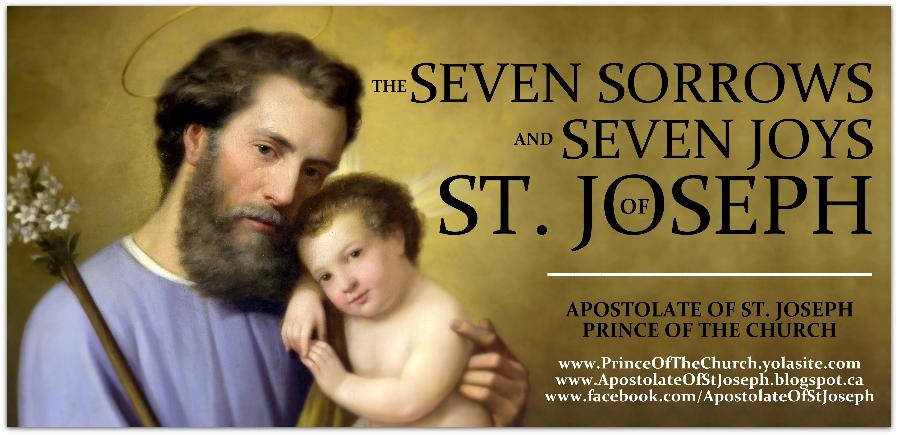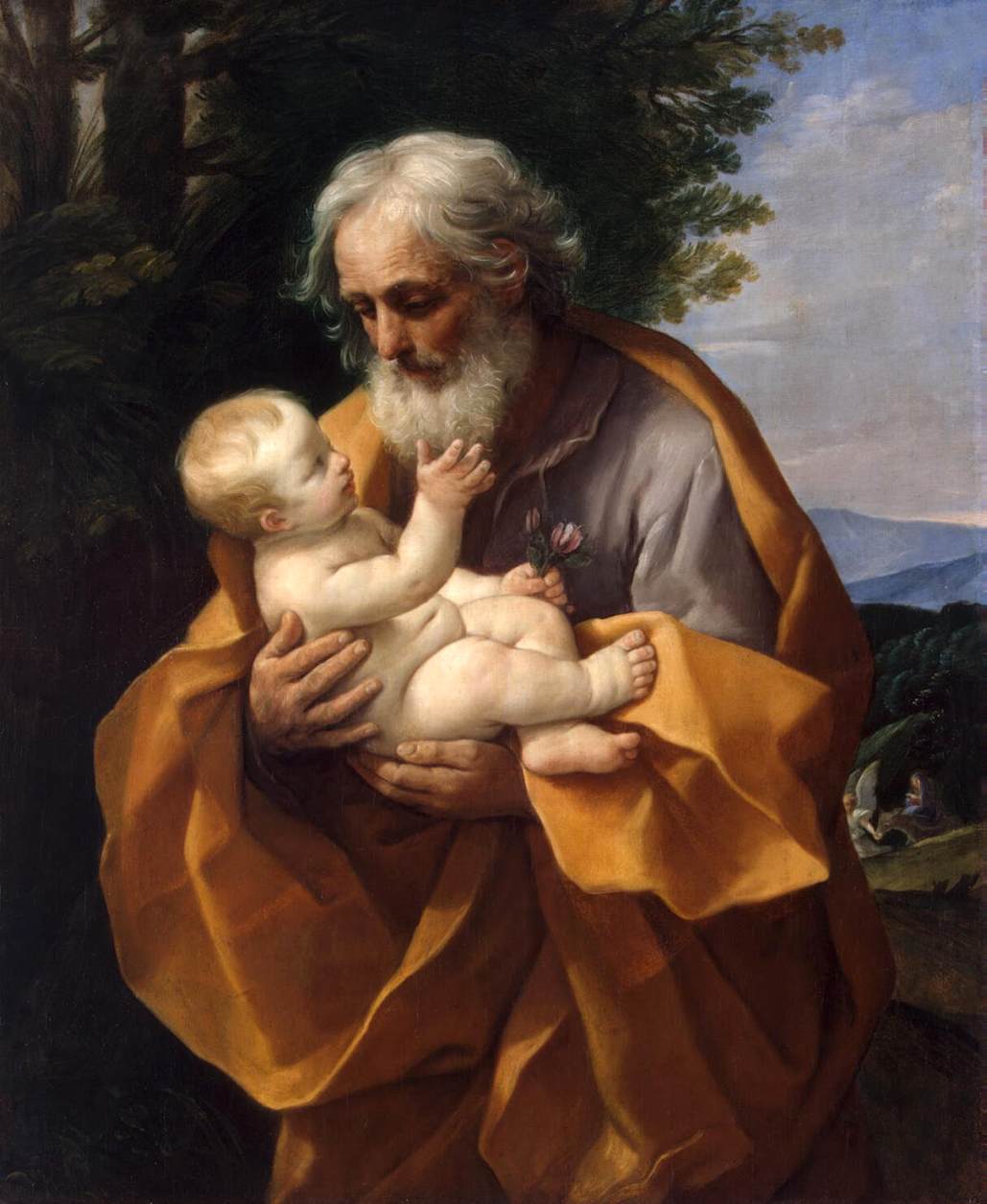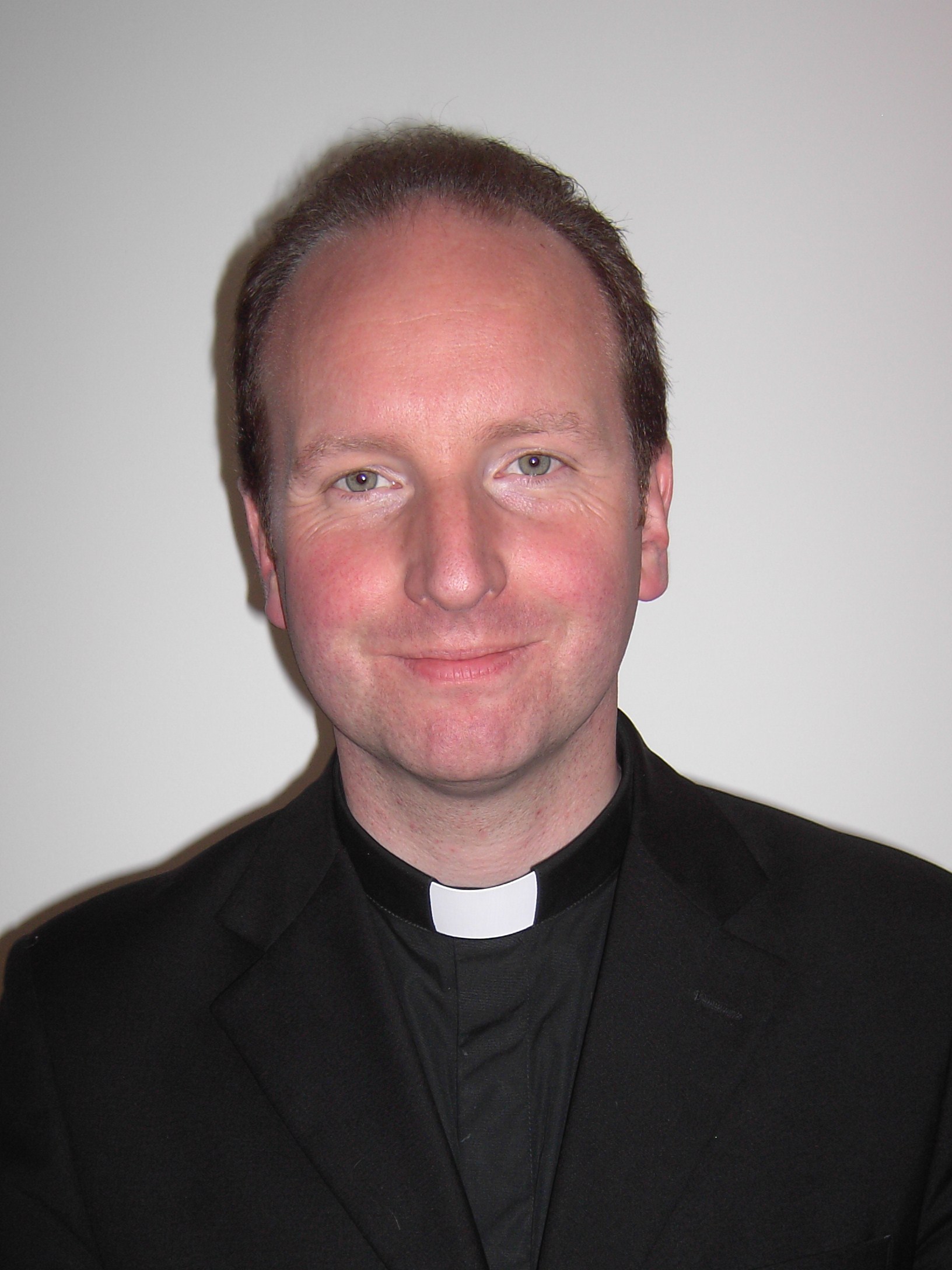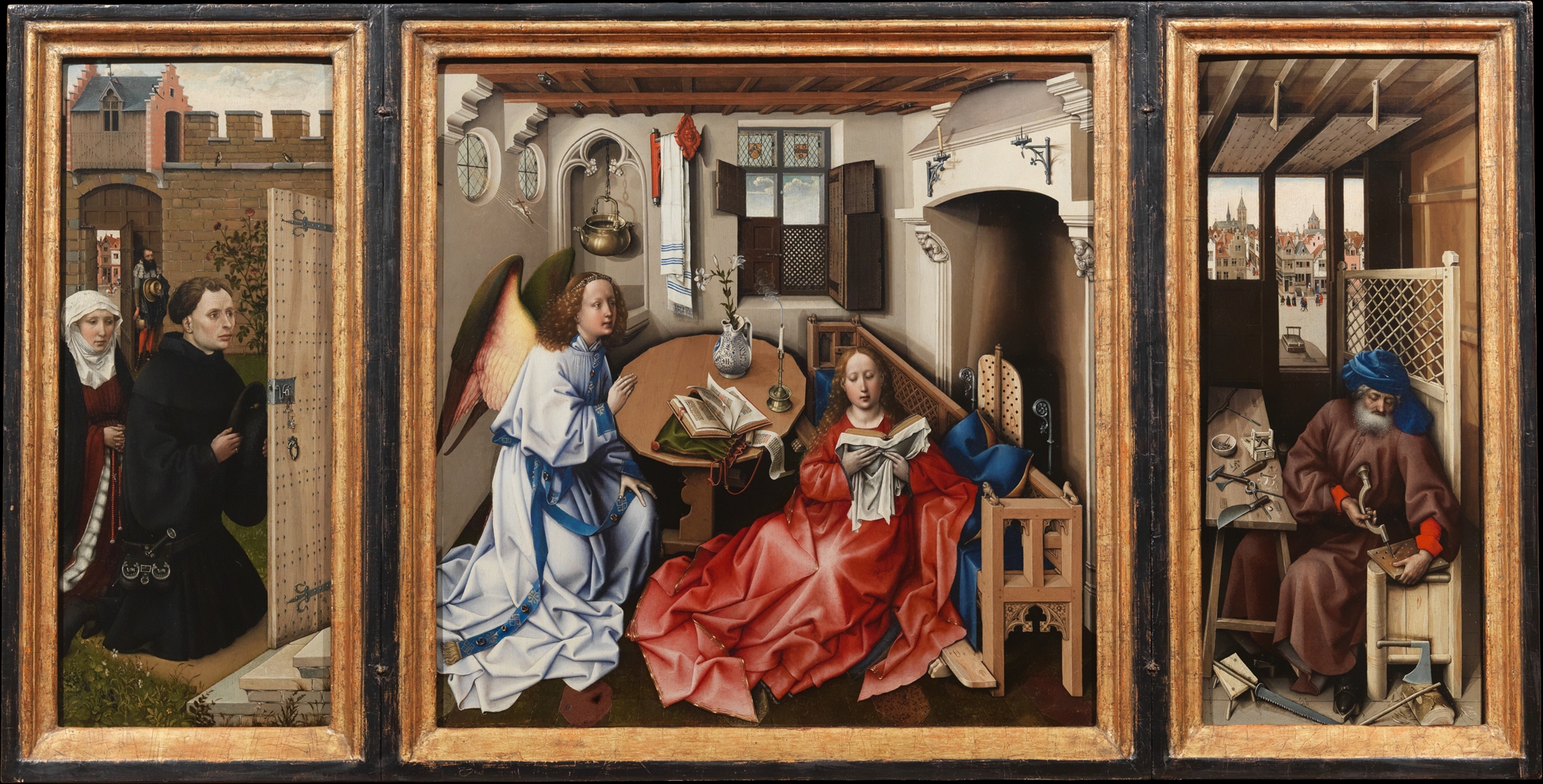
“God is loving to man, and loving in no small measure. For say not, I have committed fornication and adultery: I have done dreadful things, and not once only, but often: will He forgive? Will He grant pardon? Hear what the Psalmist says: How great is the multitude of Your goodness, O Lord! (Ps 31:19)
Your accumulated offenses surpass not the multitude of God’s mercies: your wounds surpass not the great Physician’s skill. Only give yourself up in faith: tell the Physician your ailment: say thou also, like David: I said, I will confess me my sin unto the Lord: and the same shall be done in your case, which he says immediately: And you forgave the wickedness of my heart”
— St. Cyril of Jerusalem, Catechetical Lecture 2.6
On March 18, the Roman Catholic Church honors St. Cyril of Jerusalem, a fourth-century bishop and Doctor of the Church whose writings are still regarded as masterful expressions of Christian faith.
St. Cyril is also remembered for his exhaustive Biblical knowledge, and his endurance in the face of misunderstanding and opposition. Eastern Catholics and Eastern Orthodox Christians, who likewise celebrate him as a saint on March 18, also remember him on May 7 – the date of a miraculous apparition said to have occurred soon after his consecration as a bishop.
What we know of Cyril’s life is gathered from information concerning him from his younger contemporaries, Epiphanius, Jerome, and Rufinus, as well as from the fifth-century historians, Socrates, Sozomen and Theodoret.
Cyril was most likely born in Jerusalem around the year 315, shortly after the legalization of Christianity throughout the Roman Empire.
Although that legalization put a stop to many of the persecutions that threatened the Church for two centuries, it indirectly gave rise to a number of internal controversies – both in regard to theology, and the jurisdiction of bishops – in which Cyril would find himself involved.
Cyril received an excellent education in classical Greek literature as well as the Bible. He was ordained to the priesthood by Bishop Maximus of Jerusalem, and succeeded him as bishop in 348.
During his early years as a bishop, most likely around 350, he delivered a series of lectures to new initiates of the Catholic Church. Twenty-four of the lectures have survived and are studied today. In a 2007 general audience, Pope Benedict XVI praised the saint for providing an “integral” form of Christian instruction, “involving body, soul, and spirit.” St. Cyril’s teaching, the Pope said, “remains emblematic for the catechetical formation of Christians today.
In 351, three years after Cyril became the Bishop of Jerusalem, a large cross-shaped light appeared for several hours in the sky over the city – an event that many interpreted as a sign of the Church’s triumph over heresy. It could also, however, be understood as a sign of the suffering the new bishop would undergo in leading his flock.
Unlike many other Eastern bishops and priests of the fourth century, Cyril did not allow his classical learning to lead him away from believing in the full humanity and divinity of Christ.
However, the man who consecrated Cyril as a bishop, Archbishop Acacius of Caesarea, was an ally of the Arians – who claimed that Jesus was a creature and not God. Because of his connection to the archbishop, Cyril himself was unjustly suspected of heresy by many of his brother bishops.
But he also found himself at odds with Archbishop Acacius, who claimed to have jurisdiction over the birthplace of the Church. Altogether, these disputes led to Cyril being exiled from Jerusalem three times in the course of 20 years. Cyril first took refuge with Silvanus, Bishop of Taraus. He appeared at the Council of Seleucia in 359, in which the semi-Arian party was triumphant. Acacius was deposed and St. Cyril seems to have returned to his see. But the emperor was displeased at the turn of events, and, in 360, Cyril and other moderates were again driven out, and only returned at the accession of Julian in 361. In 367, a decree of Valens banished all the bishops who had been restored by Julian, and Cyril remained in exile until the death of the persecutor in 378. In 380, St. Gregory of Nyssa came to Jerusalem on the recommendation of a council held at Antioch in the preceding year. He found the Faith in accord with the truth and expressed admiration of his pastoral efforst, but the city was a prey to parties and corrupt in morals.
In 381, St. Cyril participated in the Second Ecumenical Council, which condemned two different forms of Arianism and added statements about the Holy Spirit to the Nicene Creed of 325. St. Cyril of Jerusalem died in 387, and was named a Doctor of the Church by Pope Leo XIII in 1883.
“Make your fold with the sheep; flee from the wolves: depart not from the Church,” Cyril admonished catechumens surrounded by heresy. These were prophetic words for Cyril was to be hounded by enemies and heretics for most of his life, and although they could exile him from his diocese he never left his beloved Church.
Cyril’s life began a few years before Arianism (the heresy that Jesus was not divine or one in being with the Father) and he lived to see its suppression and condemnation at the end of his life. In between he was the victim of many of the power struggles that took place.
We know little about Cyril’s early life. Historians estimate he was born about 315 and that he was brought up in Jerusalem. He speaks about the appearance of the sites of the Nativity and Holy Sepulchre before they were “improved” by human hands as if he were a witness. All we know of his family were that his parents were probably Christians and he seemed to care for them a great deal. He exhorted catechumens to honor parents “for however much we may repay them, yet we can never be to them what they as parents have been to us.” We know he also had a sister and a nephew, Gelasius, who became a bishop and a saint.
He speaks as one who belonged to a group called the Solitaries. These were men who lived in their own houses in the cities but practiced a life of complete chastity, ascetism, and service.
After being ordained a deacon and then a priest, his bishop Saint Maximus respected him enough to put him in charge of the instruction of catechumens. We still have these catechetical lectures of Cyril’s that were written down by someone in the congregation. When speaking of so many mysteries, Cyril anticipated the question, “But some one will say, If the Divine substance is incomprehensible, why then do you discourse of these things? So then, because I cannot drink up all the river, am I not even to take in moderation what is expedient for me? Because with eyes so constituted as mine I cannot take in all the sun, am I not even to look upon it enough to satisfy my wants? Or again, because I have entered into a great garden, and cannot eat all the supply of fruits, would you have me go away altogether hungry?.. I am attempting now to glorify the Lord, but not to describe him, knowing nevertheless that I shall fall short of glorifying God worthily, yet deeming it a work of piety even to attempt it at all.”
When Maximus died, Cyril was consecrated as bishop of Jerusalem. Because he was supported by the Arian bishop of Caesarea, Acacius, the orthodox criticized the appointment and the Arians thought they had a friend. Both factions were wrong, but Cyril wound up in the middle.
When a famine hit Jerusalem, the poor turned to Cyril for help. Cyril, seeing the poor starving to death and having no money, sold some of the goods of the churches. This was something that other saints including Ambrose and Augustine had done and it probably saved many lives. There were rumors, however, that some of the vestments wound up as clothing for actors.
Actually, the initial cause of the falling out between Acacius and Cyril was territory not beliefs. As bishop of Caesarea, Acacia had authority over all the bishops of Palestine. Cyril argued that his authority did not include Jerusalem because Jerusalem was an “apostolic see” — one of the original sees set up by the apostles. When Cyril did not appear at councils that Acacius called, Acacius accused him of selling church goods to raise money and had him banished.
Cyril stayed in Tarsus while waiting for an appeal. Constantius called a council where the appeal was supposed to take place. The council consisted of orthodox, Arians, and semi-Arian bishops. When Acacius and his faction saw that Cyril and other exiled orthodox bishops were attending, they demanded that the persecuted bishops leave. Acacius walked out when the demand was not met. The other bishops prevailed on Cyril and the others to give in to this point because they didn’t want Acacius to have reason to deny the validity of the council. Acacius returned but left again for good when his creed was rejected — and refused to come back even to give testimony against his enemy Cyril. The result of the council was the Acacius and the other Arian bishops were condemned. There’s no final judgment on Cyril’s case but it was probably thrown out when Acacius refused to testify and Cyril returned to Jerusalem.
This was not the end of Cyril’s troubles because Acacius carried his story to the emperor — embellishing it with details that it was a gift of the emperor’s that was sold to a dancer who died wearing the robe. This brought about a new synod run by Acacius who now had him banished again on the basis of what some bishops of Tarsus had done while Cyril was there.
This exile lasted until Julian became emperor and recalled all exiled bishops, orthodox or Arian. Some said this was to exacerbate tension in the Church and increase his imperial power. So Cyril returned to Jerusalem. When Acacius died, each faction nominated their own replacement for Caesarea. Cyril appointed his nephew Gelasius — which may seem like nepotism, except that all orthodox sources spoke of Gelasius’ holiness. A year later both Cyril and Gelasius were driven out of Palestine again as the new emperor’s consul reversed Julian’s ruling.
Eleven years later, Cyril was allowed to go back to find a Jerusalem destroyed by heresy and strife. He was never able to put things completely right. He did attend the Council at Constantinople in 381 where the Nicene Creed and orthodoxy triumphed and Arianism was finally condemned. Cyril received justice at the same Council who cleared him of all previous rumors and commended him for fighting “a good fight in various places against the Arians.”
Cyril had eight years of peace in Jerusalem before he died in 386, at about seventy years old.”
St Cyril of Jerusalem, faithful always to Holy Mother Church, help us too, always remain ever faithful to her!!! Ora pro nobis!!!
“The dragon sits by the side of the road, watching those who pass. Beware lest he devour you. We go to the Father of Souls, but it is necessary to pass by the dragon.”
-St. Cyril of Jerusalem
“A fiery sword barred of old the gates of Paradise; a fiery tongue which brought salvation restored the gift.”
-St. Cyril of Jerusalem
“My brothers, you must consider and preserve the traditions you are now receiving. Inscribe them across your heart.”
-St. Cyril of Jerusalem
“Teacher of children became himself a child among children, that he might instruct the unwise. The Bread of heaven came down to earth to feed the hungry.”
-St. Cyril of Jerusalem
“For us Christians, the first virtue of godliness is to honor our parents—to pay back the troubles of those who bore us, and to give them whatever comforts we can with all our strength. For if we repaid them as much as possible, we could still never pay them back for their gift of life. Then they will enjoy the comfort we provide, . . . And then won’t our Father in heaven accept our good intentions, and judge us worthy to ‘shine like the sun in the Kingdom of our Father’ (Matthew 13:43)?”
—St. Cyril of Jerusalem
“After all, He saved the thief on the holy hill of Golgotha because of one hour’s faith, will He not save you too, since you have believed?”
— St. Cyril of Jerusalem

Love,
Matthew

